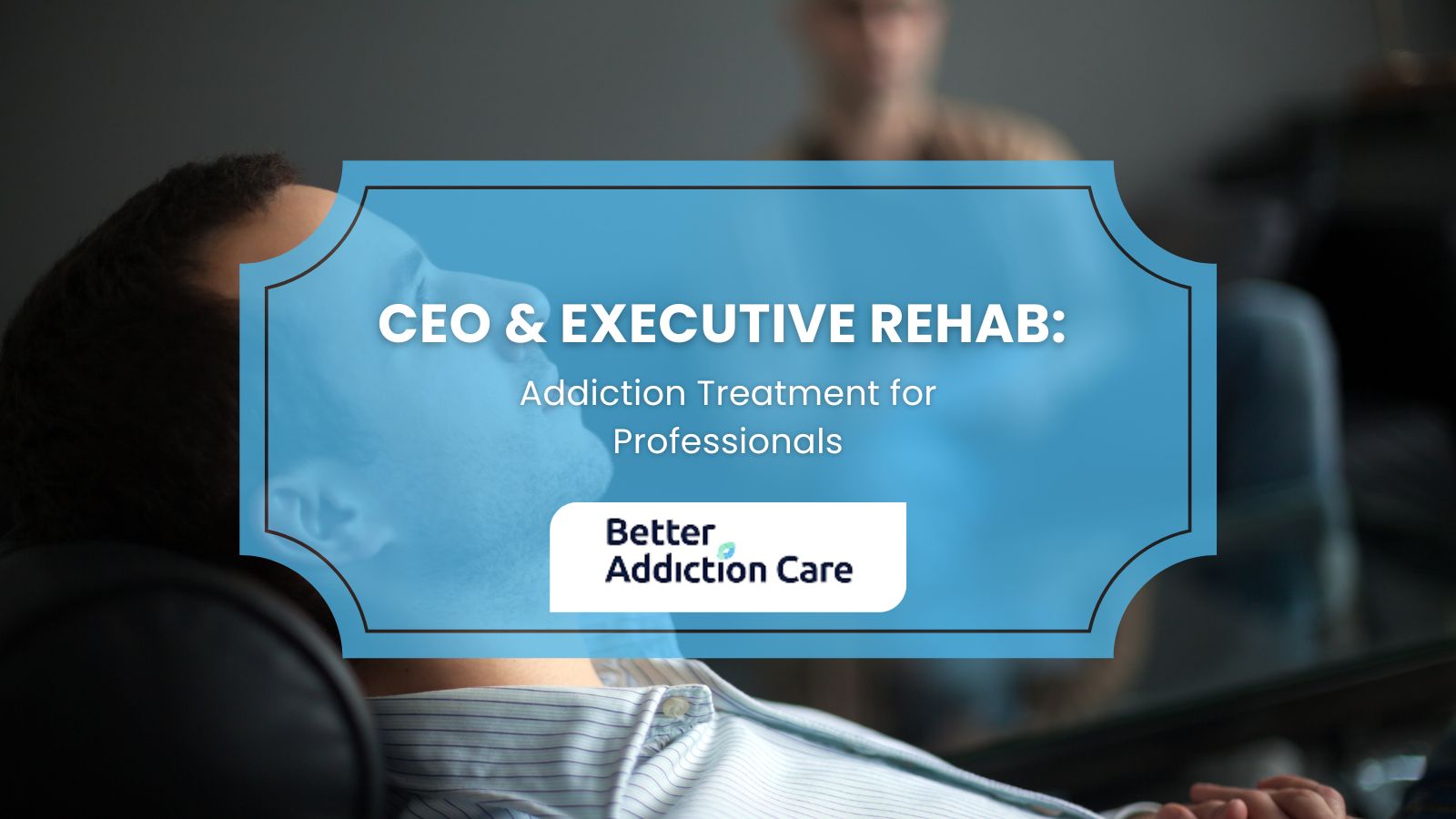Devereux Foundation - Community Services of Devereux

Overview
Devereux Foundation - Community Services of Devereux is a mental health treatment center for people seeking treatment near Chester County. As part of their treatment modalities for recovery, Devereux Foundation - Community Services of Devereux provides couples/family therapy, cognitive behavioral therapy, and dialectical behavior therapy during treatment. Devereux Foundation - Community Services of Devereux is located in Malvern, Pennsylvania, accepting cash or self-payment for treatment.
Devereux Foundation - Community Services of Devereux at a Glance
Payment Options
- Cash or self-payment
- Medicaid
- Private health insurance
- County or local government funds
Assessments
- Comprehensive mental health assessment
Age Groups
- Children/adolescents
- Young adults
- Seniors
Ancillary Services
- Intensive case management
- Case management service
- Diet and exercise counseling
- Family psychoeducation
- Suicide prevention services
Highlights About Devereux Foundation - Community Services of Devereux
6.62/10
With an overall rating of 6.62/10, this facility has following balanced range of services. Alcohol Rehabilitation: 8.00/10, Drug Rehab and Detox: 6.00/10, Insurance and Payments: 6.00/10, Treatment Options: 6.49/10.-
Alcohol Rehabilitation 8.00
-
Treatment Options 6.49
-
Drug Rehab and Detox 6.00
-
Insurance and Payments 6.00
Treatment At Devereux Foundation - Community Services of Devereux
Treatment Conditions
- Mental health treatment
Care Levels
- Outpatient
Treatment Modalities
- Couples/family therapy
- Cognitive behavioral therapy
- Dialectical behavior therapy
- Telemedicine/telehealth therapy
- Abnormal involuntary movement scale
Ancillary Services
Additional Services
- Pharmacotherapies administered during treatment
- Mentoring/peer support
- Metabolic syndrome monitoring
Special Programs
- Clients who have experienced trauma
- Children/adolescents with serious emotional disturbance (SED)
- Persons 18 and older with serious mental illness (SMI)
- Persons with post-traumatic stress disorder (PTSD)
Contact Information
Read our Most Recent Article About Drug Addiction
DISCLAIMER: The facility name, logo and brand are the property and registered trademarks of Devereux Foundation - Community Services of Devereux, and are being used for identification and informational purposes only. Use of these names, logos and brands shall not imply endorsement. BetterAddictionCare.com is not affiliated with or sponsored by Devereux Foundation - Community Services of Devereux.








